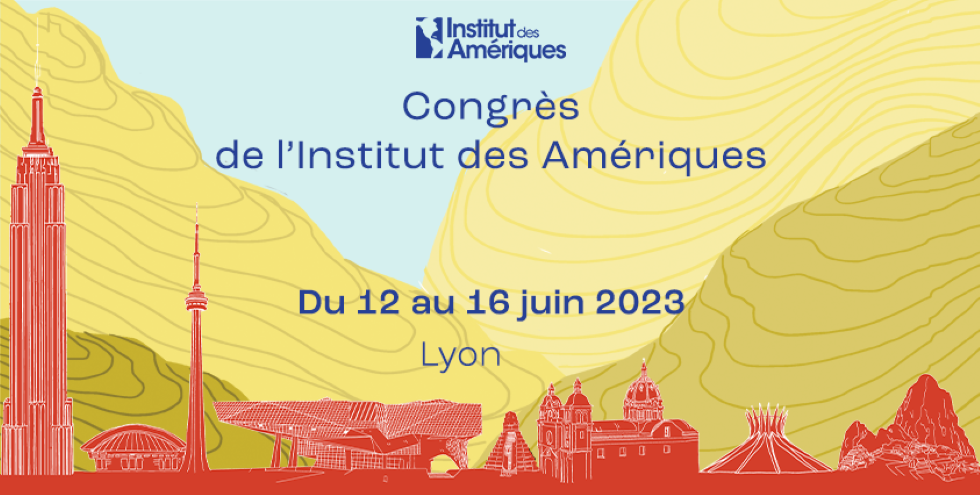EXTRACTIVE MARGINS: (RE)THINKING THE MINING-ENERGY NEXUS IN THE AMERICAS THROUGH INFRASTRUCTURE
Thursday, June 15 from 9h00 to 11h00
Bâtiment ATHENA salle 046
Organization: Marie Forget (EDYTEM - Université Savoie Mont-Blanc) and Vincent Bos (Géoressources - Université de Lorraine-CNRS- i-tésé- CEA Paris-Saclay)
Proposition
From Alaska to Tierra del Fuego and the Caribbean, the exploitation of natural resources is a marker of the evolution of American territories and societies. Depending on the resources, the times and the territories considered, the phenomenon, closely linked to the evolution of world markets, oscillates between ruptures and continuities. In fact, the frontier of new commercial exploitation of nature in territories that are often marginal has a regional trend. These newly impacted territories, which are often characterized by indigenous population settlements, often isolated, are experiencing strong dynamics of territorial development through the creation or the dynamization of infrastructures.
Whether we consider the exploitation of lithium deposits and the unprecedented development of solar power plants of a new kind in the Andean highlands (Argentina, Bolivia, Chile) to meet the challenges of the global energy transition (decarbonization, universal access to service, etc.), the multiplication of hydroelectric dam projects on large continental rivers (Canada, Honduras), the rise of oil and shale gas exploitation (Argentina, United States), pipeline projects linking consumption centers that are increasingly energy-intensive but far from production territories (United States), and the export agribusiness (Brazil, Ecuador, Peru, the Caribbean, Central America, etc.), the phenomenon is hemispheric. The commodification of American resources and territories leads to a profound mutation of landscapes and societies. We propose to question this phenomenon, analyzing it from an angle that is complementary to the conflicts generated by these activities. Productive, energy and transport infrastructures are politically dense objects that go beyond the (simple) technical function, whatever their state of development and operation. They constitute a relevant material to grasp the evolution of societies, their relationship with the environment and the power relationships that are inscribed in the territories.
Speakers
• Jérôme Fresneau (CESSMA - Université Paris Cité) - Intégration versus fragmentation : les effets spatiaux des activités extractives au prisme des infrastructures
• Lila Benaza (Pléiade - Université Sorbonne Paris Nord) - L’exploitation des sables bitumineux en Alberta (Canada) : impacts territoriaux sur les sociétés riveraines
• Tobias Etienne-Greenwood (LAP - EHESS) - Le cadre et le trait. Remarques sur les picadas petroleras et les bases d’exploitation d’hydrocarbures en Argentine
• Juan-Pablo Pallamar (Pléiade - Université Sorbonne Paris Nord) - Le complexe hydroélectrique du Rio Madeira (CRM) et l’émergence du centre sudaméricain
• Héloïse Prévost, Isabelle Hillenkamp (CESSMA - IRD) - Perception et résistances des agricultrices et agriculteurs agroécologiques face aux infrastructures minières et agro-industrielles au Brésil. Une approche de genre


